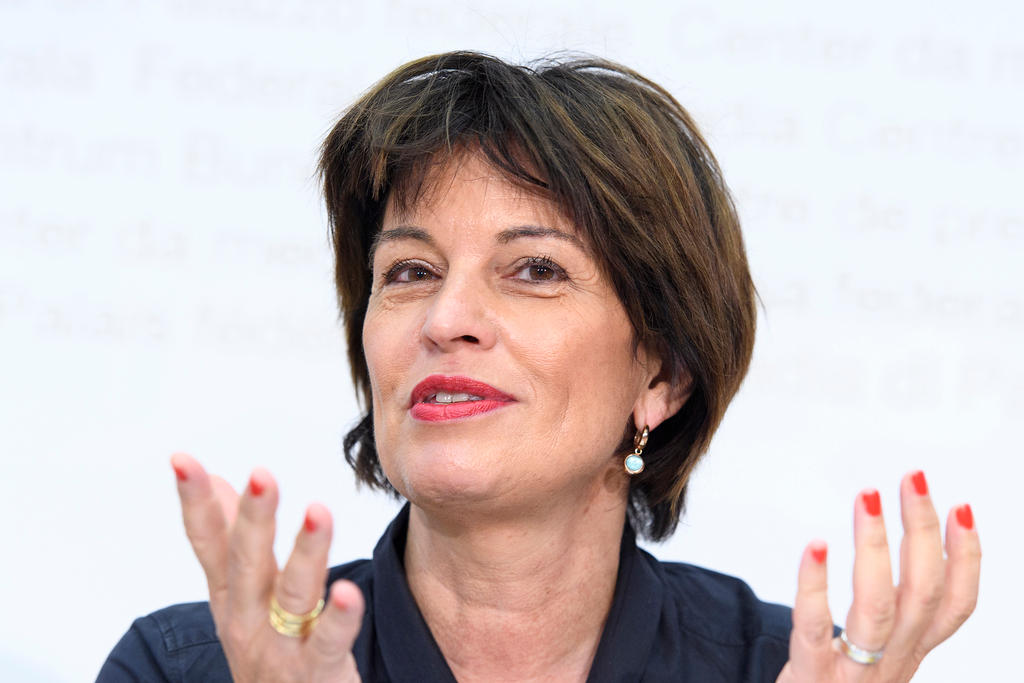
Switzerland signs up to ‘Paris Call’ for a safer internet

In Paris on Monday, several hundred governments and tech companies – and Switzerland – signed a new charter for trust and security online.
In the so-called ‘Paris CallExternal link’, launched by French President Macron at the UNESCO Internet Governance Forum in Paris, signatories pledged to support “an open, safe, stable, accessible, and peaceful cyberspace” where international law applies, and individual rights are protected.
The call outlines a list of non-binding principles that both public and private actors can implement and endorse to increase trust and stability in cyberspace.
Just as with nuclear weapons, “international agreements are needed to avoid a catastrophic digital war”, said French foreign minister Jean-Yves le Drian.
Such agreements are few and far between, however, with UN-sponsored efforts at global compromises often scuppered by the reluctance of many states to work together.
Along with targeted attacks on countries and businesses, the 359 signatories also notably pledged to combat foreign actors that meddle in electoral processes in other countries.
But while all members of the European Union and Switzerland signed the call, key actors China, Russia, and the US did not. Tech companies who signed up include Google, Facebook, IBM, Intel, and Dell.
‘Soft law’
Doris Leuthard, the Swiss minister for communications, was in Paris to back the call on behalf of Switzerland. Though she said the document was somewhat like others introduced in the past, it “goes in the right direction”.
“We are seeing a lot of cyber-attacks against business, institutions, or administrations: this is the case everywhere,” she told Swiss public radio, RTS.
For her, more international cooperation to fight such attacks is imperative. “Here [in Switzerland], the penal code also applies online, but there are gaps and differences between states, and sometimes the location of the infraction is important,” she said.
As with the Paris climate accord and the recent UN agreement on migration (today under scrutiny in Switzerland), the call is not legally binding, and yet politically constraining. Leuthard (herself a lawyer) described this trend towards “soft law” as one that offers states considerable latitude on the implementational level: such agreements will increase on the multilateral stage, she predicted.

More
Swiss minister appointed to ‘digital’ UN panel

In compliance with the JTI standards
More: SWI swissinfo.ch certified by the Journalism Trust Initiative






























You can find an overview of ongoing debates with our journalists here . Please join us!
If you want to start a conversation about a topic raised in this article or want to report factual errors, email us at english@swissinfo.ch.